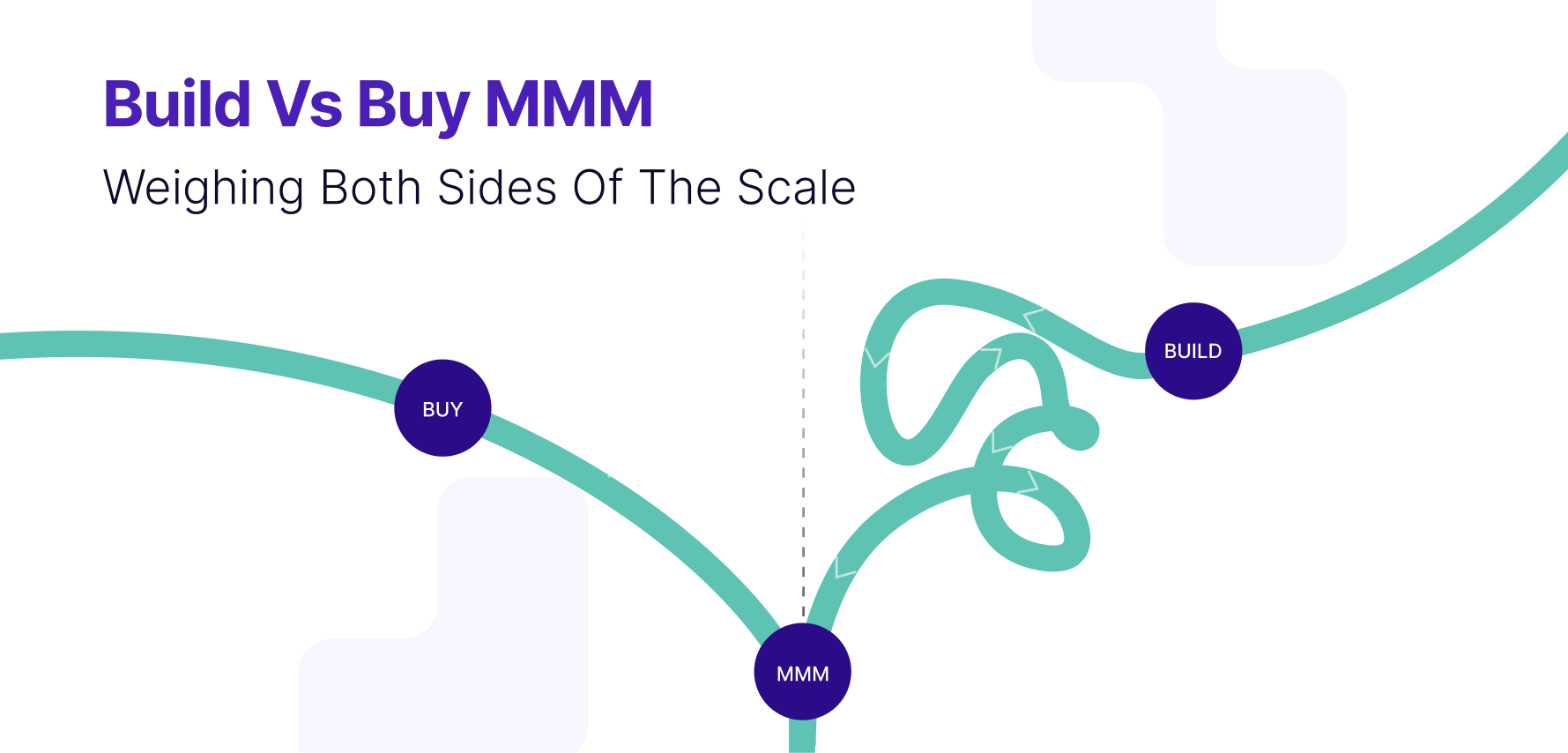What is Zero sum game?
The Zero-Sum game is a concept derived from Game Theory, a branch of mathematics concerned with the study of decision-making in conflict situations. Primarily, a Zero-Sum game is a situation where the gain of one participant results in the equal and opposite loss to another participant. This means that any positive outcome for one side will always result in a negative outcome for the other, equating to zero when both are added together.
Formula
Total gains of one participant = Total losses of other participants
Example
Consider two eCommerce companies, A and B, having a combined market share of 100%. If company A launches an effective marketing strategy and gains a 10% increase in its market share, it effectively takes that 10% from company B. Thus, A’s gain results in B’s loss, making it a zero-sum situation.
Why is Zero sum game important?
The idea of a Zero-Sum game is crucial as it helps evaluate competitive situations, such as market shares and pricing wars. In eCommerce, where the competition is fierce, entrepreneurs need to understand that one’s gain can often result in another’s loss, particularly in saturated markets. Knowledge of this concept encourages strategizing to maximize gains and minimize losses.
Which factors impact Zero sum game?
Several factors can affect the outcome in a Zero-Sum game, including players’ strategy, resources, timing, and knowledge. For instance, superior market knowledge or marketing resources can give an eCommerce company an edge over rivals in market share competition.
How can Zero sum game be improved?
While it might appear that improving a Zero-Sum situation is impossible since it’s based on the principle of equal gain and loss, participants can improve their outcomes through mutual cooperation and compromise. In the context of eCommerce, companies can collaborate, cross-promote, and co-create value without harming each other’s interests.
What is Zero sum game’s relationship with other metrics?
Zero-Sum games are connected to a host of other eCommerce metrics like market share, customer lifetime value (CLV), and conversion rate. For instance, an effective customer retention strategy can help a company increase its CLV and market share, essentially a gain in this Zero-Sum game scenario.
Free essential resources for success
Discover more from Lifesight















